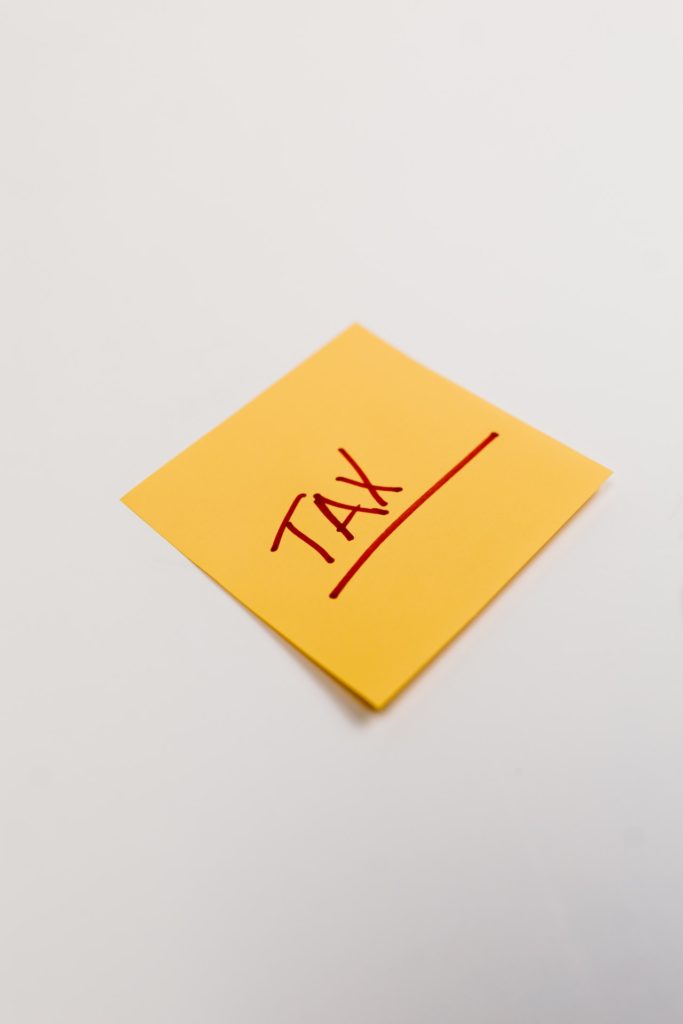
I visited the Palms shopping mall in Lekki yesterday and I noticed that they had started charging for parking. I found it a bit annoying when I was told I had to pay, despite spending barely ten minutes in the mall.There had been notices to that effect and the previous time I was in the mall, I parked somewhere else and walked, but they had not started collections then. The activist in me believes that they are using the charges to raise money to boost dwindling revenues.
In my righteous indignation, I saw a pattern; this is the way some Nigerian businesses operate. They take a service that to all intents and purposes should be free and begin to charge a fee for it, citing reasons that are flimsy at best. The Lekki toll gate is a classic example; an existing road was concessioned to private interests. In the original plan, a coastal road was meant to be built, but that never happened. Instead everyone was forced to either make use of the toll, or take an alternative route that is convoluted and very narrow. The government had planned to put three tolls on that road, but political considerations forced them to limit it to just one for now.
I do not want to speculate on the person behind the company, but whoever they are, they are cleaning out. Thousands of cars pass those tolls every day, and while they employ staff and are supposed to maintain the roads, their running costs are incomparable to their profits.
Nigerian banks are not left out of this trend of mass taxation, in fact they have mastered and perfected it as an art form. Growing up, we were taught that banks are places where you could put your money for safe-keeping. Getting older, we discovered that they also used the money we saved to conduct business transactions and make a profit. Ideally this is how banks are supposed to run.
In the Nigerian banking system of today, banks are very concerned with taking pennies out of your money. Almost every Nigerian bank will encourage you to get an ATM card, they are able to collect fees off that. Worse still, if you choose not to collect one, they will charge you for withdrawing money over the counter.
If you own a current account, the bank charges just come like a machine gun going off. For every withdrawal, you are charged a fee, payments into your account generate a stamp duty that goes to the Federal Government. The banks still make a small percentage off these stamp duties. More than three withdrawals from another bank’s ATM attracts a fee of N65 per transaction. The list goes on and on.
Bankers will tell you that these charges are mandated by the CBN, but what they won’t tell you is that there is a Bankers’ Committee that meets to push these charges to the CBN for approval. I don’t want to speculate on how much the banks make, but I imagine these taxes they collect from their customers are a safer bet than making investments or giving out loans. This in my opinion is lazy and lacking in creativity.
Every bank marketer that has spoken to me in the last one year has tried to convince me to get an ATM card as well as open an account; I wonder why this is so. I also wonder how dropping these crazy charges will affect their operations. Will they have to lay off staff, or maybe reduce salaries? Will some of them cease to have 3 or more branches on the same street?
Last but not the least, I hear the Lagos state government is planning to privatise the water infrastructure of the state. I sincerely hope this is not true, because it would leave millions of people at the mercy of a tax master that will increase prices at will. NEPA was privatised, and electricity bills have tripled, yet we are still fuelling our generators. I would imagine that if this planned privatisation arrangement is true, they will start clamping down on people building boreholes or ask people to pay for a permit for their boreholes. This is in a bid to block loopholes in their anticipated revenue.
In my opinion, taxation is a government tool to provide services for the people’s benefit. It is not a tool for private business concerns to make money off citizens that have no other viable options. I also believe that government’s should not be irresponsible by claiming that they cannot manage certain infrastructure, then in the same vein go off and sell it to their associates.
For those businesses looking to take advantage of their closeness to governments to use the taxation model, I would advise some level of common sense be introduced. Nigeria is slowly moving from a system where anything goes to one where leaders are being held accountable. Nigerians are becoming more aware and you can only pull the wool over their eyes for so long.



